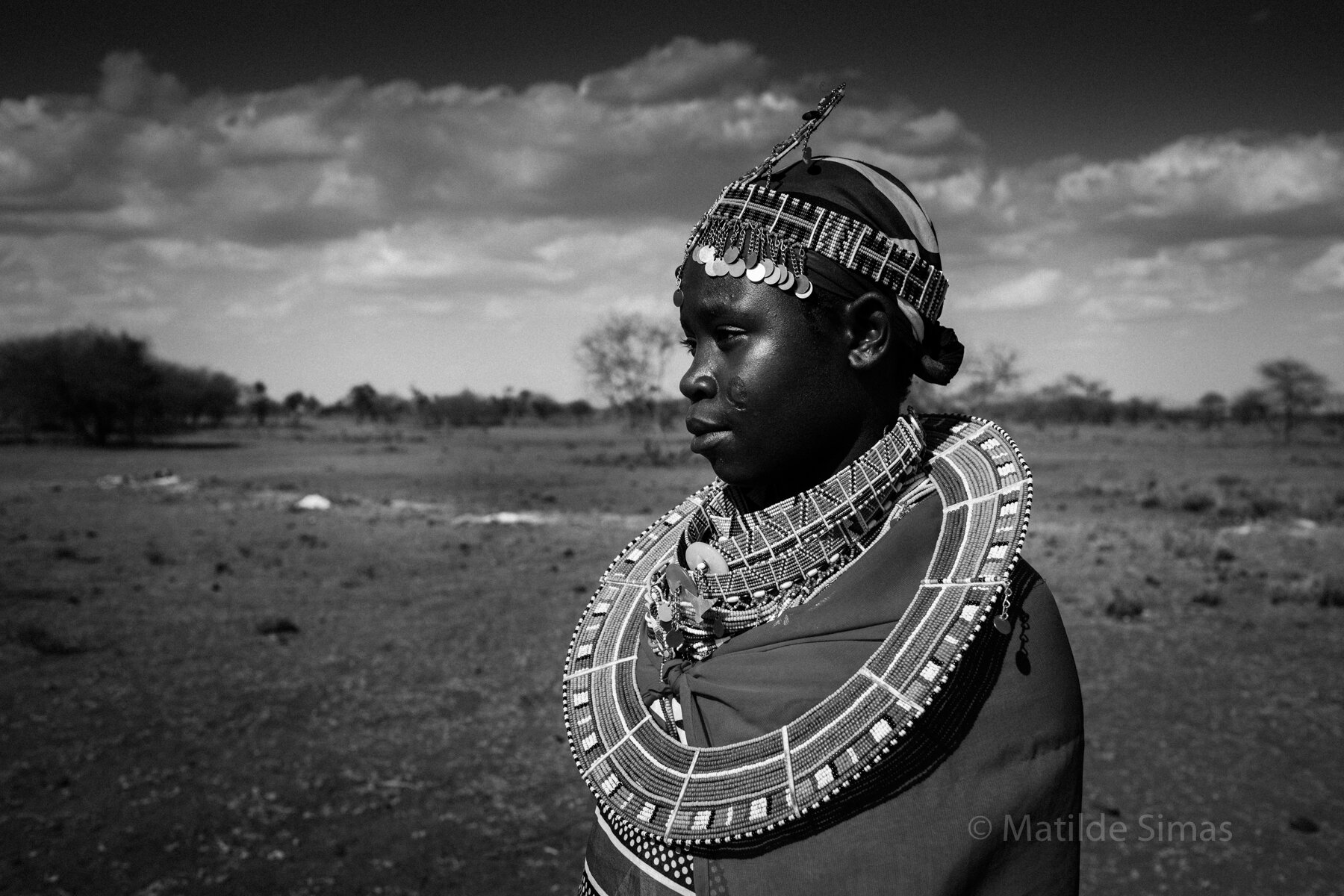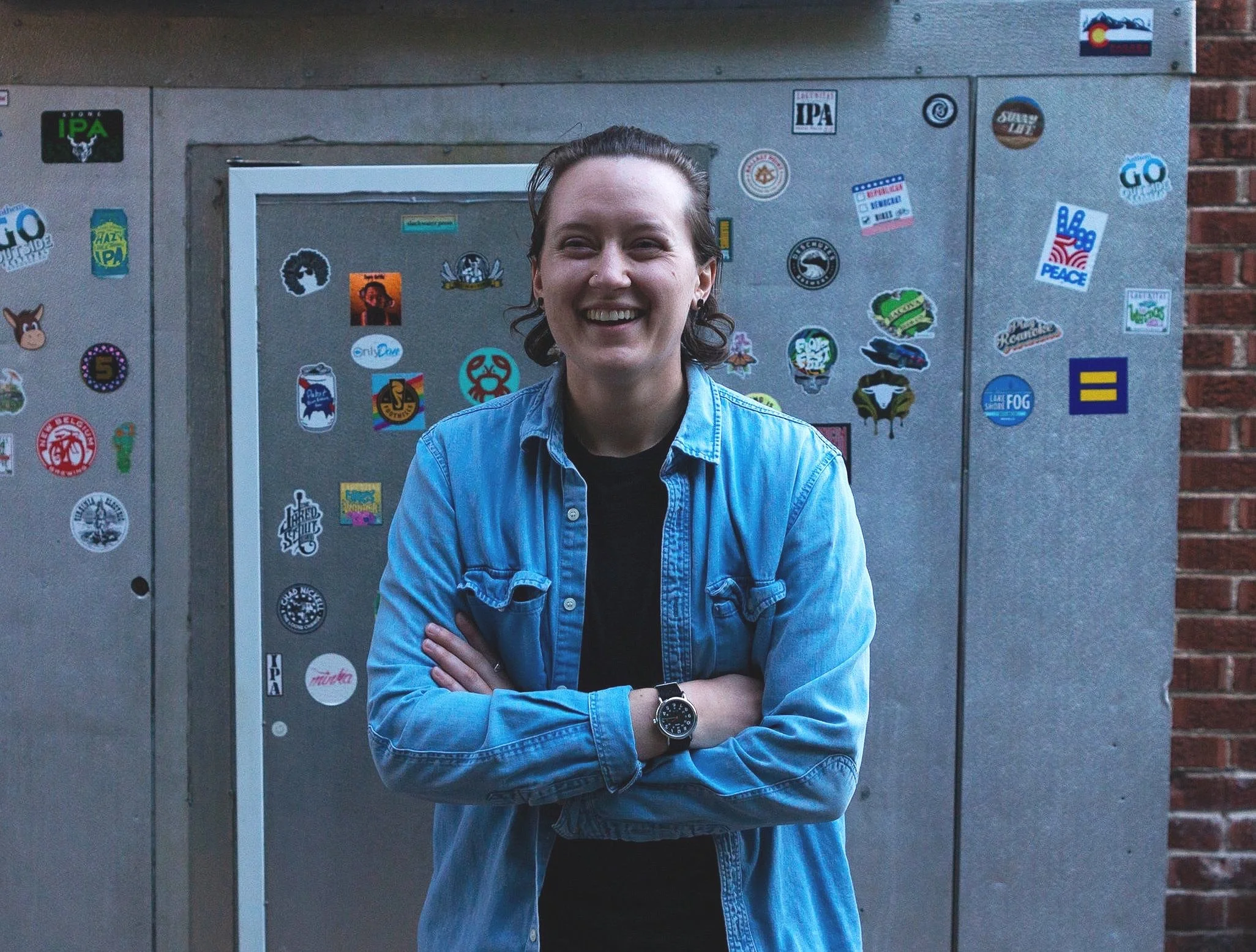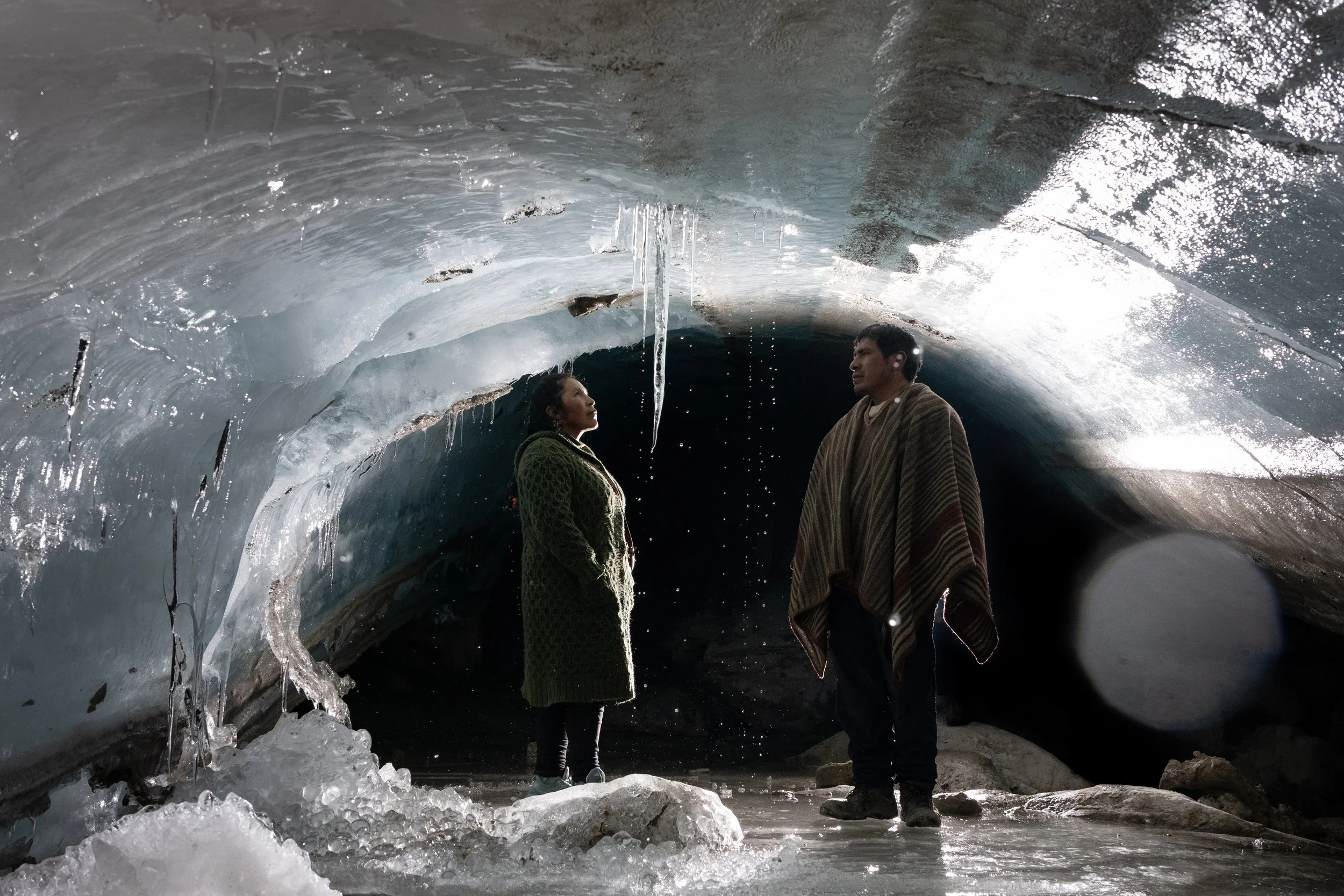Find out what makes Matilde Simas more than a photographer
Matilde Simas, an advocate for social change, began her journey as a photographer at the age of 14. She travelled to São Miguel, Portugal, where she immersed herself in the culture of her ancestors. Simas used her camera as a way to document her experience so she could share it with her family and friends.
In 2014, Simas ventured to Namibia to photograph a children’s soup kitchen, Home of Good Hope, located in a community where hundreds of children were left orphaned after losing their parents to AIDS/HIV. “My time documenting the organization was a pivotal moment, and it’s when I realized the power of photography as an instrument of social change,” said Simas.
Simas travelled to Kenya alongside Photographers Without Borders in 2017 to work with the grassroots organization HAART Kenya. Their mission is to eradicate human trafficking and support survivors within their community. Her photo series “Faces Behind Atrocity” received international recognition and was awarded the Lucie Foundation Social Cause International Photography Award. Simas’s experience with HAART Kenya was featured in PWB’s 2018 film “Survivor.”
Simas’s desire to use her camera as an instrument for social change has not slowed down. In a recent interview, PWB caught up with Simas to learn more about her most recent projects.
Photo by Matilde Simas on assignment for HAART Kenya
PWB: What makes you more than a photographer?
Matilde Simas: I see myself as an engaged citizen with a camera. My photographs intentionally take the viewer beyond the photograph; they are a means to a solution. I want to be part of a social movement that makes a difference in the world and I believe photography can make the world a better place. That’s what I’m determined to do with my work. There is no better way to raise awareness about what needs to be changed in the world than through photographs.
Photo by Matilde Simas from her series, ‘Maasai custom: Female Genital Mutilation’
PWB: How has your work as a photographer connected you to your community?
MS: I feel a strong connection to my community and the world at the moment. Recently, my series “Maasai Custom: Female Genital Mutilation” was selected by LE PRIX DE LA PHOTOGRAPHIE DE PARIS (PX3) to be exhibited at the State of the World exhibition, which began in Paris and is travelling to multiple destinations around the world. The response to this project has been overwhelmingly positive. On a local level, I have been invited to talk about my work at universities and group events, panel discussions, multiple newspaper and magazine features, and have appeared as a guest on local and international news networks such as GloboNews Brazil and Chronicle on WCVB Channel 5 with Emmy Award-winning anchor, Anthony Everett. By engaging with the local and international community I can reach a wider audience to transform public perceptions; educate individuals, communities, and policymakers; and inspire action.
Photo by Matilde Simas from her series, ‘Growing up with Albinism’
PWB: What does storytelling mean to you?
MS: Being a storyteller means putting the person and the story first. I have a deep understanding that when I take pictures, it’s a collaborative effort with the people I photograph. By putting the people and their stories first, I’m able to create moving images that show the relationship between us. The relationships are the most important part of my process—the stories and pictures come later.
PWB: Are you currently working on any new projects?
MS: I’m working with my Capture Humanity team on a long-term project that documents, through portraiture, the experience of surviving human trafficking and the journey to healing and recovery. The project goals include creating awareness and provoking discussions about all forms of modern-day slavery.
To date, I’ve worked on forced marriage and domestic servitude in collaboration with HAART Kenya, sex trafficking in the United States (specifically in New York City and Maine), and organ trafficking of persons with albinism in Tanzania. As part of my work to document the strength and resilience of trafficking survivors, I am partnering with a Ugandan organization that offers therapeutic support to former child soldiers, sex slaves, and other vulnerable children. Child soldiers and human trafficking are inextricably linked, though this too often goes unrecognized.
Capture Humanity is an organization I began in 2017, which focuses on bringing awareness to and preventing human trafficking. Patience, commitment, and integrity are the core of our effort to inspire greater creative and social consciousness.
Photo by Matilde Simas from her series, ‘Story of Resilience: Cary Stuart’
PWB: What are you doing when you’re not taking photos?
MS: When I’m not photographing, I’m working with my Capture Humanity team on projects and as creative director for NYC-based non-profit called Limb Kind Foundation. I’m responsible for assembling and managing a media team for all international Limb Kind projects. Last year we travelled to Haiti and the Philippines. Together with writer Jessica Barrett, a Capture Humanity member, we worked with Limb Kind founder Robert Schulman as part of a 10-person team, comprised of amputee survivors and mentors, prosthesis technicians, and medical professionals—all collaborating to make the lives of children who lost a limb better. Capture Humanity documented the impact that limb loss has had on some of the children, from the limited access to prosthetic care that Filipino children have to the personal independence and freedom that the prostheses offer. The Limb Kind Foundation will return to Haiti and the Philippines in 2020 and is looking forward to inaugural visits to two more countries, Ethiopia, and Kenya.
Photo by Matilde Simas from her series, ‘Limb Kind’
For more of Matilde Simas’s work, click here to visit her website and follow her on Instagram @mattie_simas
Visit camputrehummanity.com to learn more about their work and support their upcoming projects.
What makes you more than a photographer? Become a member and submit today!


















